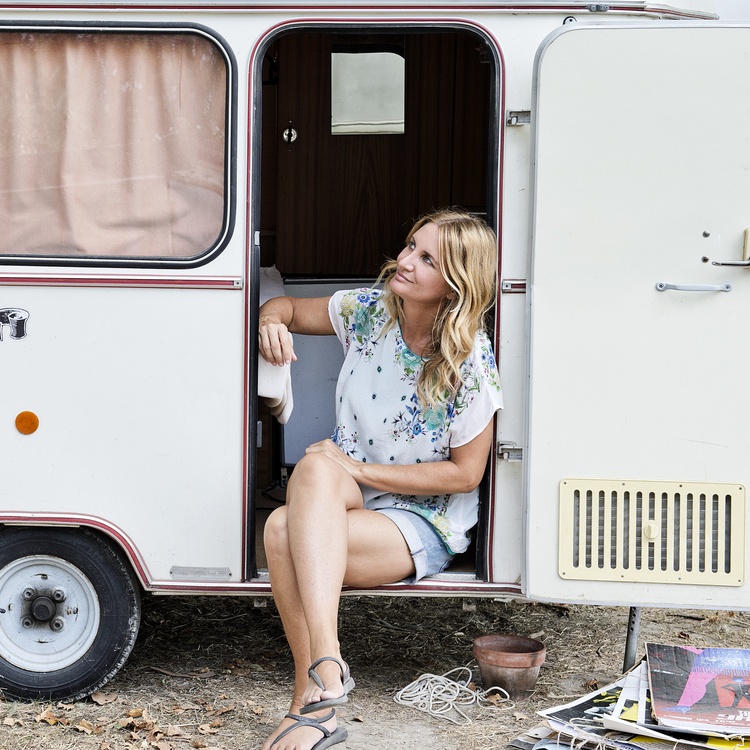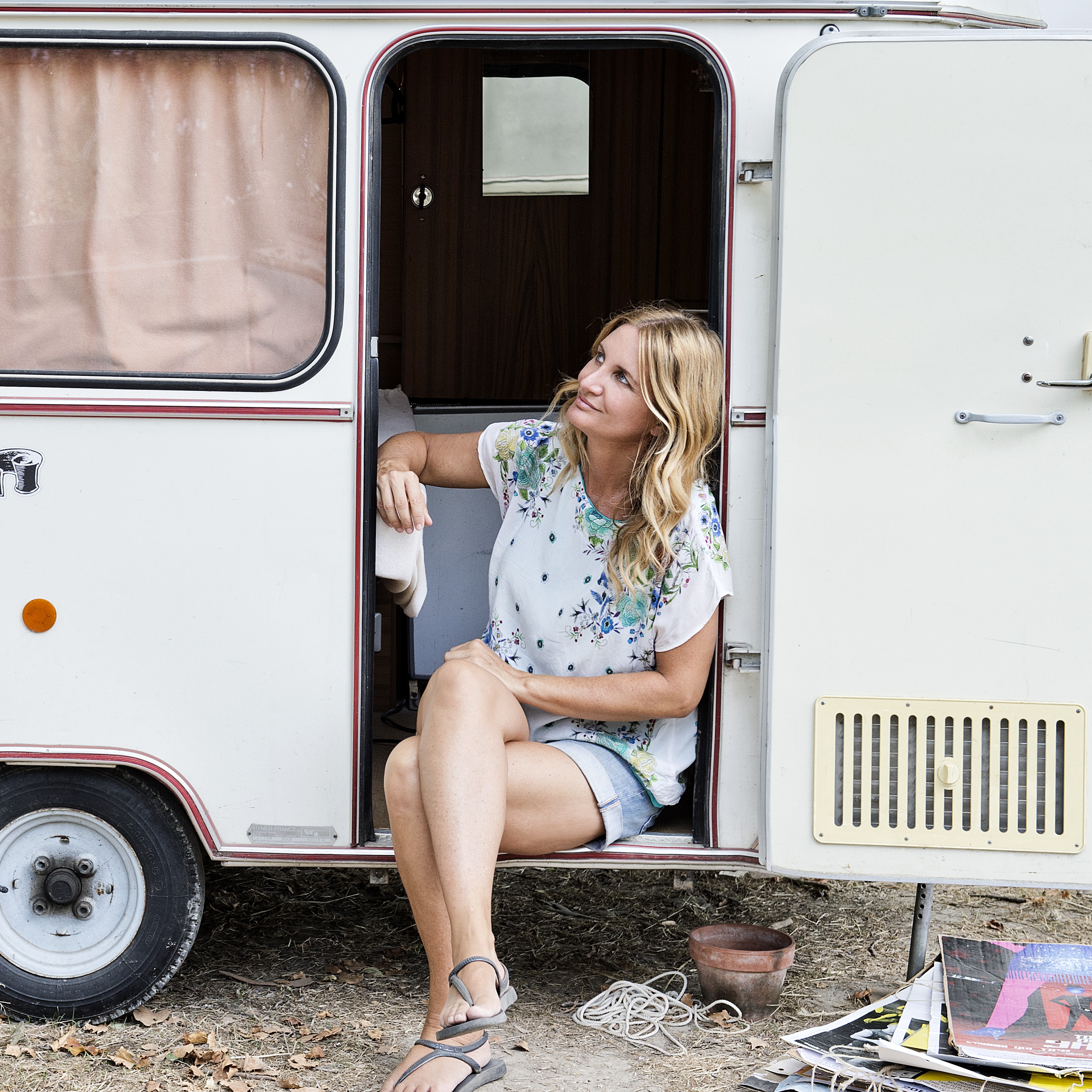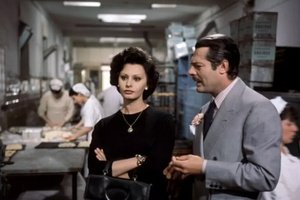“He wanted to show me that not everybody is born lucky and wanted to teach me to appreciate what I had,” she recalls.
“I have this image embedded in my memory of a long road with kids of different ages approaching cars asking for money.”
In that pivotal moment, Gengotti began looking at the world in a different light, with much more empathy and curiosity.
She also developed a need to narrate, stepping right into the least explored aspects of human society and sharing their most intimate secrets with the rest of the world.
Over the years, she began collecting the stories of ordinary people with extraordinary lives.

Gengotti spent two years documenting the phenomenon of teen pregnancy in Naples. (Photo: Stephanie Gengotti)
When she reached her thirties, Gengotti quit her job as an interpreter at Italian national broadcaster, RAI, and pursued her passion for photography and travel, taking people on journeys through her photos.
“I had found a way to satisfy my curiosity, express my emotions, and communicate by telling stories,” she says.
Gengotti’s work as a photographer has led her to some of the most fascinating places in the world, from gypsy camps to remote African villages.
Her need to establish an empathic and direct relationship in her work often leads the award-winning photographer to live in the same environment and follow the same daily routine as the main characters in her stories.
“I really give a lot of myself and try to build up a relation based on trust and truth with my subjects,” she says.
“I spend a lot of time with them just talking and listening to their stories. A photograph is only the very last act, the catharsis, in a long and slow knowledge path.”
Gengotti spent two years following the lives of teenage mothers aged between 14 and 18 in Naples, where the rate of teen pregnancies is one of the highest in Italy.

A shot of one of the teenage girls Gengotti got to know while exploring teen pregnancy in Naples. (Photo: Stephanie Gengotti)
She has also documented the experience of 500 families at the mouth of the Tiber, who live illegally on public land and struggle daily against poverty and eviction threats.
Venturing even further outside the confines of society, Gengotti also lived with a small family circus from France for several weeks, experiencing their extraordinary way of life.

Members of the circus with which Gengotti lived. (Photo: Stephanie Gengotti)
“Vincent and Florence play the roles of Za and Krapotte, two married clowns,” she explains.
“In the performance, they make a parody of their own life and marriage itself. Krapotte, like Florence, is the strong one in the couple, while Za (Vincent) does anything to please her.
“Real life mixes with fiction in this show, and their belief in their artistry is so strong that Florence and Vincent married under the ‘clownesque regime’, a name they invented to demonstrate their faith in the characters they created and continue to interpret.”
Gengotti says that this project is an experience she’ll always hold close to her heart.
“To live with a circus means to become a family member and to talk about everything… nothing is left unsaid,” she says.
“It was surprising to learn how they base their social organisation on a matriarchal system, in which women rule!”
Gengotti is similar to her circus friends in that she comes from a family of travellers and has followed her parents, who are both flight attendants, in their journeys since she was a child.
The internationally acclaimed photographer was born in Rome to an exceptionally “colourful” family.
Her father is Italian and her mother was born in Algeria to French parents.
“Also, the father of my son is half-Afghan, half-Tajik, so my son has four nationalities in his blood,” she adds.
A woman with a worldlier mind than most, Gengotti hopes that her work can remind people of the important things in life, many of which are also the simplest.
“Time has undergone an unnatural acceleration and we are dependent on our mobile phones as robots, alienated on social networks to observe the fictitious lives of others,” she reflects.
“Living with the circus made me realise that so many things have been lost in this hyper-technological era: the sense of sharing, the sense of family and the ability to dream.”

Circus children play in their caravan. (Photo: Stephanie Gengotti)
Gengotti’s photos are not only works of art; they’re a cry of rebellion and revolt, focusing on those on the fringes of society who defy the rules of regularity.
And this is precisely why we can’t look away.
For more information on Stephanie Gengotti’s work, visit her website.












